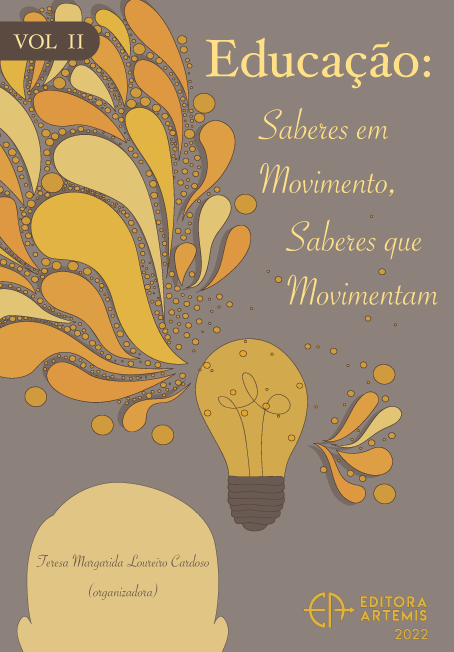
NOVAS PERSPECTIVAS PARA A GESTÃO SUSTENTÁVEL DO TRATAMENTO DE ÁGUAS RESIDUAIS NO ÂMBITO ESCOLAR
Este estudo objetivou desenvolver práticas sustentáveis quanto ao destino e tratamento adequados das águas residuais. A escola situa-se no Distrito Federal em assentamento precário em infraestrutura, com fossas residenciais que extravasam rotineiramente. A busca para a sustentabilidade na escola foi embasada em tríade: gestão, espaço físico e currículo. A gestão foi efetivada com a comunidade escolar em parcerias com gestores e docentes. A construção de Tanque-de-Evapotranspiração (TEVAP) para tratamento de águas negras formou o segundo pilar. Programa de Educação Ambiental com ênfase em Escolas Sustentáveis compôs o currículo. Resultados indicaram boas perspectivas no engajamento da sustentabilidade socioambiental escolar. A proposta pedagógica avança e com fortalecimento de elos escola-estudantes. Ponto forte foram as reuniões com a comunidade, realizadas de forma democrática com os pais. TEVAP positivou a adoção de tratamento ecológico de águas residuais. Os resultados revelaram que novas propostas educacionais trazem ferramentas para mudanças na qualidade de vida socioambiental.
NOVAS PERSPECTIVAS PARA A GESTÃO SUSTENTÁVEL DO TRATAMENTO DE ÁGUAS RESIDUAIS NO ÂMBITO ESCOLAR
-
DOI: 10.37572/EdArt_2708226513
-
Palavras-chave: Educação ambiental; sscolas sustentáveis; saneamento ecológico; indicadores de sustentabilidade.
-
Keywords: Environmental education; sustainable schools; ecological sanitation; sustainable indicators.
-
Abstract:
This work aimed to develop sustainable practices regarding to wastewater adequate treatment. The study was carried-out in Distrito Federal, located in a human settlement with precarious infrastructure sanitation, and residential pits overflow routinely. Goals for school sustainability were based on triad: work-management, physical-space, curriculum. Work-management was developed for the school community in partnership managers and teachers. The construction of Evapotranspiration-Tank (TEVAP) for treatment of domestic raw sewage was the second pillar. Elaboration of an Environmental-Education-Program concerning to the Sustainable-Schools made up curriculum. Results indicated good prospects for engaging in socio-environmental sustainability. The pedagogical proposal advances and with possibilities of building stronger school-student links. School meetings with the community were the strong point, held democratically with the students' parents. TEVAP made positive the adoption of wastewater ecological treatment. The results revealed changes within a modeling of incubator schools, with the involvement and mobilization of community in the search for sustainable practices.
-
Número de páginas: 18
- Claudia Padovesi Fonseca
- Simone Silva Campos de Moura

